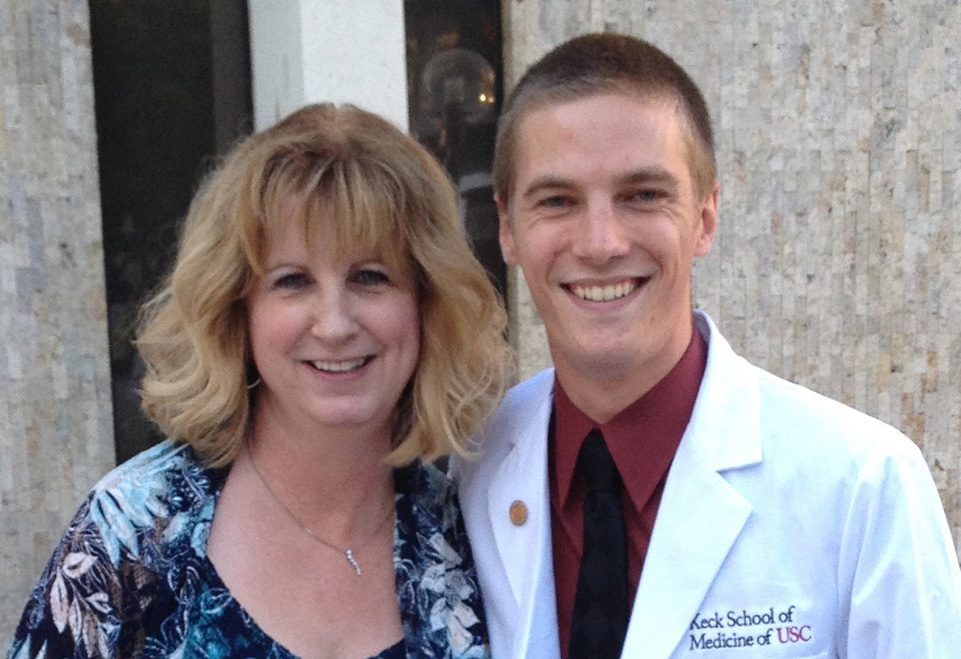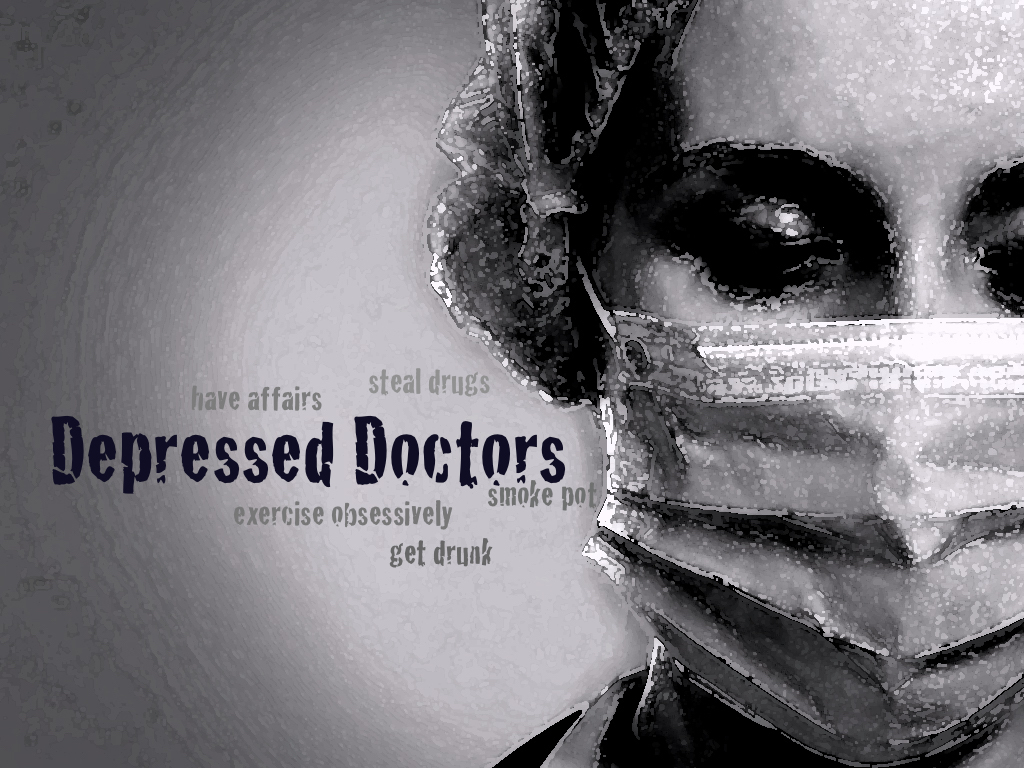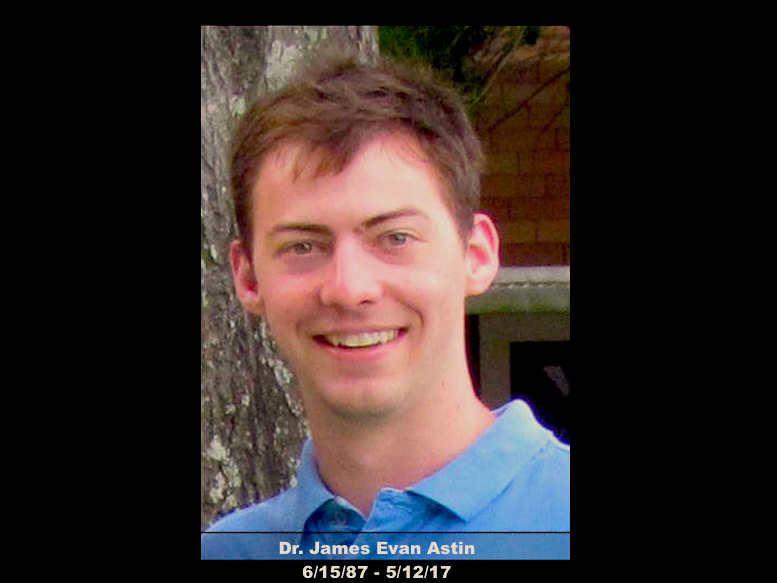
Cheryl with son, Sean Petro, as a medical student.
Dear Dr. Wible,
As you know I lost my son Sean Petro on Mother’s Day 2016 but he wasn’t found until two days later.
From the moment Sean was found by USC/Keck police in his apartment I have been treated by his medical school like a person with no feelings. We were the last to be invited to his school’s memorial. At the end of the memorial I was told by the Associated Dean in no uncertain terms that Sean was the first medical student to die by suicide at USC/Keck. She made sure to tell me that Derek Seehausen who went missing Sean’s first year in school had just changed his mind about being a doctor. She hoped that he was now a bartender down in Cabo, Mexico. Then she went on to tell me that a doctor died suddenly a year before Sean. I guess he did die suddenly when he jumped from the school roof and landed in the quad on the pavement.
















